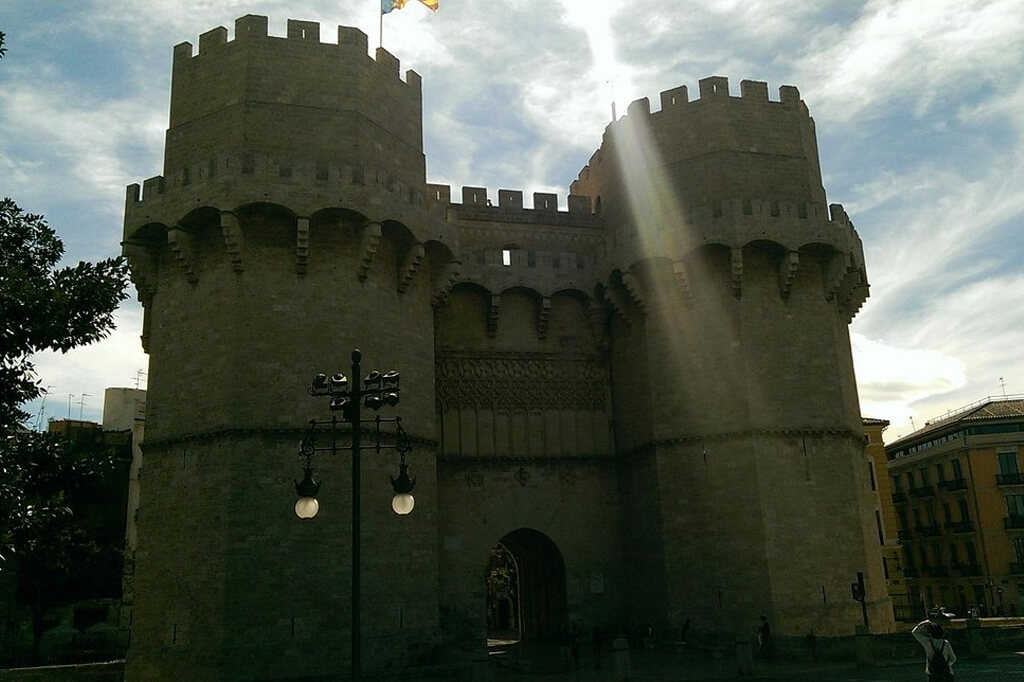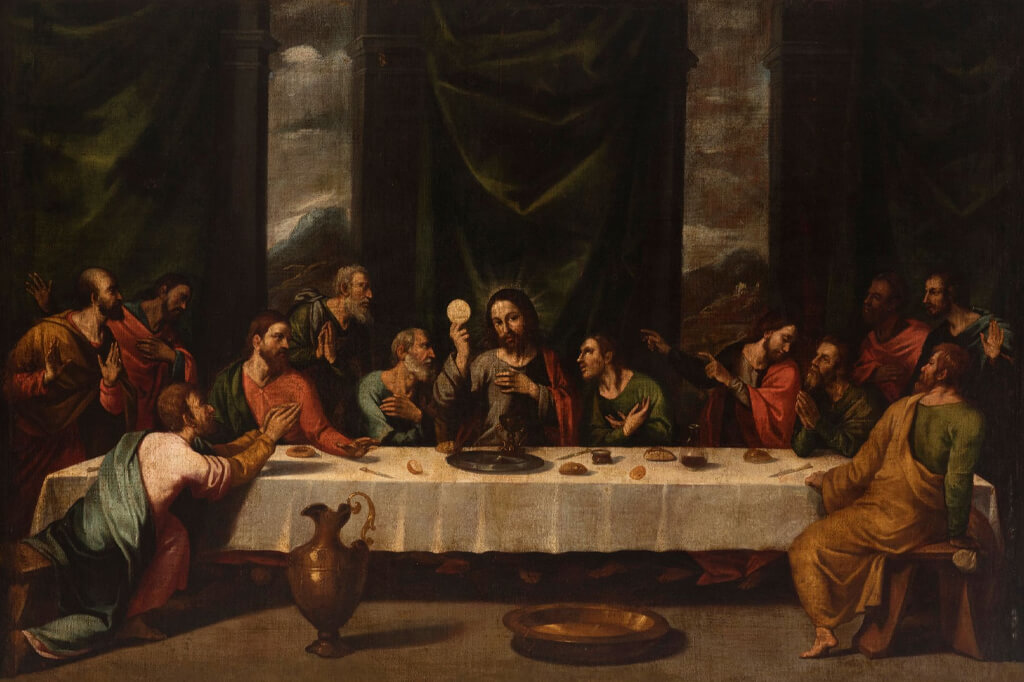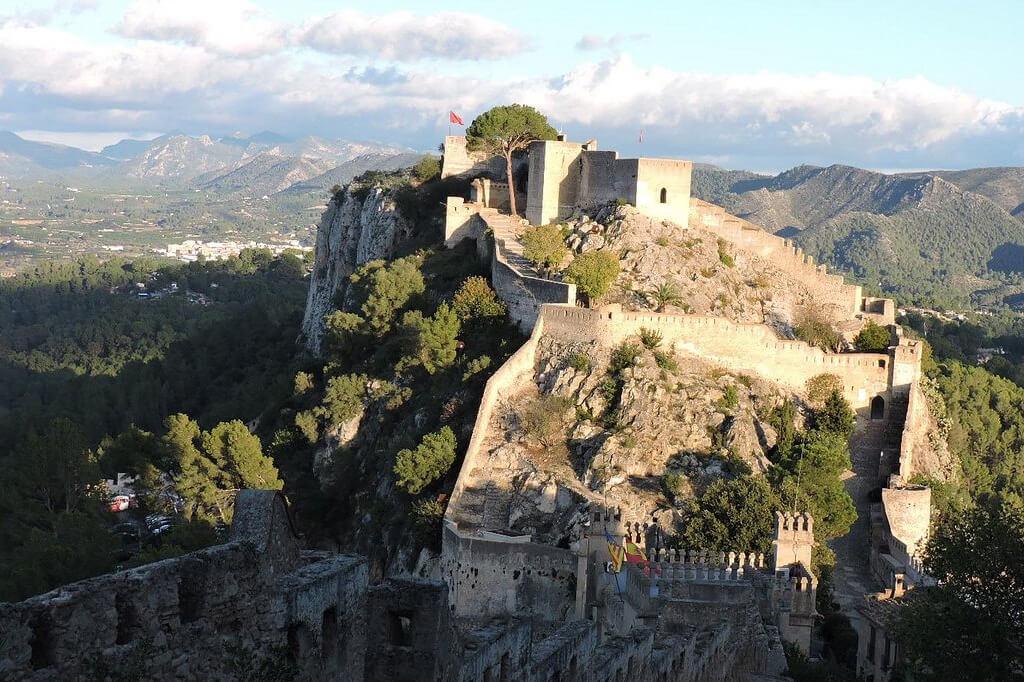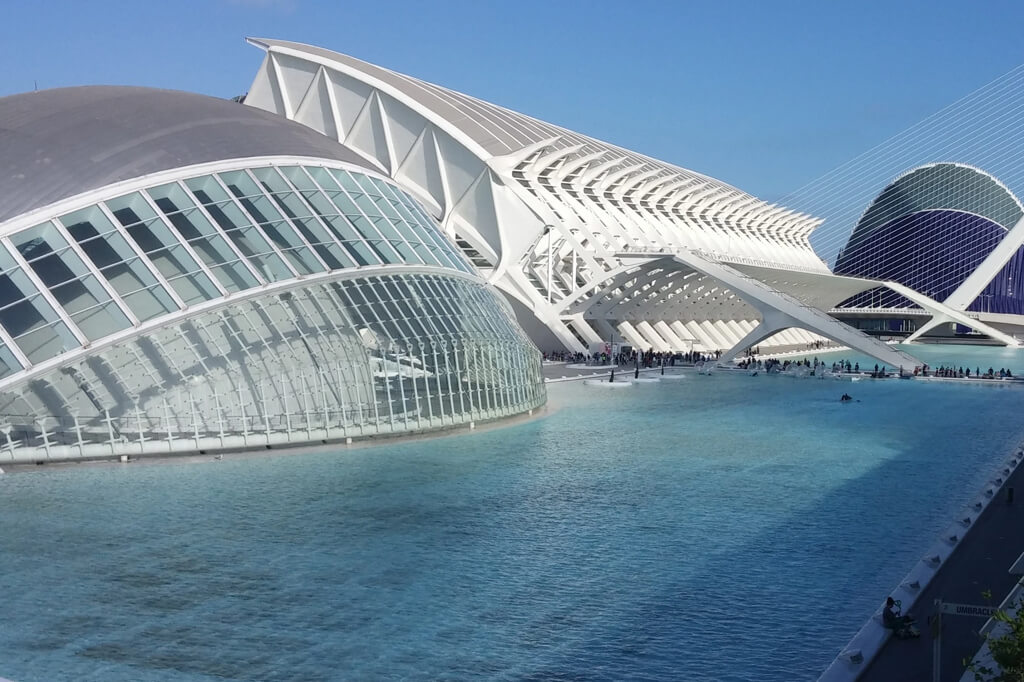Valencia boasts a rich tapestry of history that spans thousands of years. Below is a concise overview of Valencia’s history:
Ancient Times
The area that is now Valencia was first settled by the Iberians. The Romans founded the city in 138 BC, naming it “Valentia Edetanorum”. Under Roman rule, Valencia flourished due to its strategic location and fertile lands.

Visigothic Era
After the fall of the Western Roman Empire, the Visigoths took control of the city in the early 5th century AD. Valencia became an important cultural and administrative centre during this period.
Muslim Rule
In the early 8th century, the Moors, Muslim invaders from North Africa, captured Valencia. Under Moorish rule, which lasted for over 500 years, the city became a significant commercial and cultural hub. The Moors introduced new agricultural techniques, including the irrigation systems that the Valencian region is still known for.
Christian Reconquest
In 1238, King James I of Aragon reconquered Valencia from the Moors. The city became part of the Kingdom of Aragon, and the Christian monarchs initiated a process of Christianisation and repopulation with settlers from other parts of the Iberian Peninsula.
Golden Age
In the 15th and 16th centuries, Valencia experienced a cultural and economic golden age. The city became a major Mediterranean trading centre, and the Valencian School of painting and the region’s unique form of Gothic architecture flourished.

Decline and War
The 17th and 18th centuries were challenging times for Valencia. Economic decline, plagues, and wars took their toll. The War of Spanish Succession (1701-1714) ended with the Treaty of Utrecht, which integrated Valencia into the Spanish Bourbon monarchy.
19th Century
The 19th century saw significant urban expansion and modernization. The city’s walls were torn down to make way for growth, and Valencia became a major industrial centre.
Spanish Civil War
Valencia played a crucial role during the Spanish Civil War (1936-1939). For a time, the city served as the capital of the Republican government. However, after the war, General Francisco Franco’s dictatorship repressed Valencian culture and the regional language.

Modern Era
After Franco’s death in 1975 and the subsequent transition to democracy, Valencia experienced a cultural and economic renaissance. The city regained its regional autonomy, and the Valencian language was revitalized. Major projects, such as the City of Arts and Sciences, have transformed Valencia into a modern, dynamic city.
21st Century
Today, Valencia is known for its blend of historical and contemporary architecture, its vibrant cultural scene, and events like the Falles festival and the Tomatina of nearby Buñol. The city continues to be a significant commercial and cultural hub on the Mediterranean coast.

This overview only scratches the surface of Valencia’s rich history. Each era has left its mark, making Valencia a fascinating city where ancient Roman ruins coexist with futuristic architecture.
